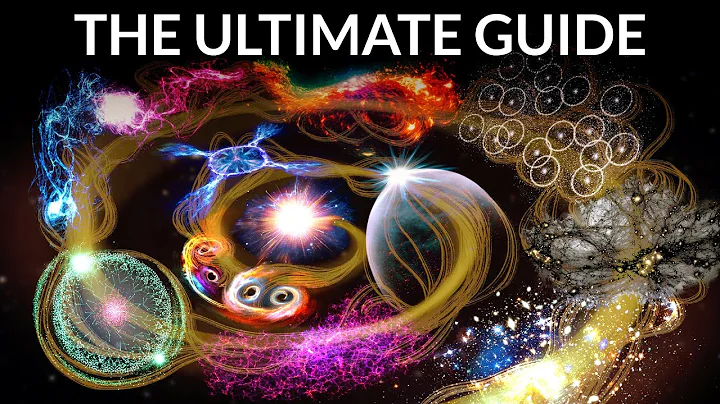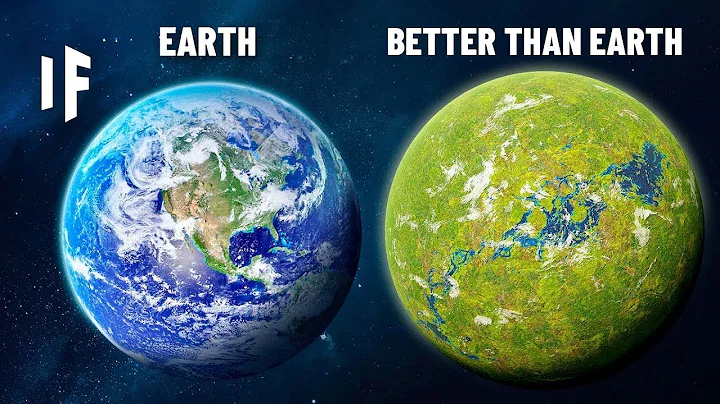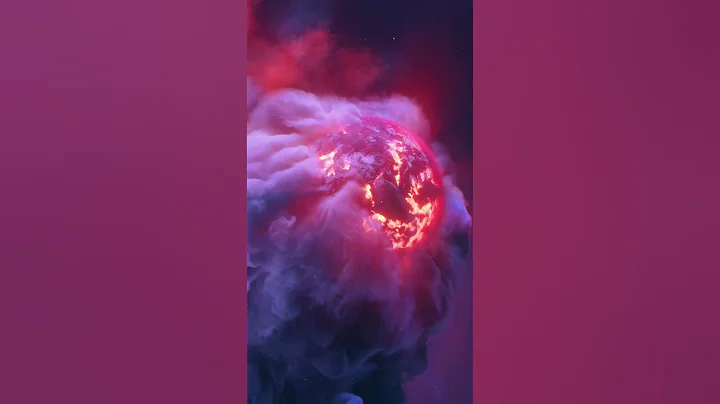Regarding the connection between the earth and the universe, it is basically nothing more than the origin of the earth, the impact of the formation of the solar system on the earth, how extraterrestrial terrestrial planets will grow, and whether they will be like the earth.
In short, all this becomes particularly important and special because the earth has advanced intelligent life forms.
Now scientists seem to have found a new angle to explain the impact of cosmic activities on the earth .

Scientists have recently discovered some heavy elements and traces of their activities at the bottom of the Pacific Ocean. In addition, most of them are radioactive elements or isotopes .
But the problem is that from the isotope analysis, these elements have a very long history and are not caused by the influence of human activities. They are likely to come from alien planets .

The "Pencil Nebula" is speculated to be the source of matter
Why do they exist on the seabed?
The article will answer questions from several aspects such as the study of extraterrestrial radioactive isotopes on the Pacific Ocean floor, supernova activities, and the history of the formation of the earth. Next, follow the scientists to see who sent it here.

Certain substances have been discovered on the Pacific Ocean floor
Elements from extraterrestrial origin
The discovery of isotopes from seabed sediments under the Pacific Ocean . Faint traces of plutonium 244 have been found near the oceanic crust and next to radioactive iron 60.
The early Big Bang brought many light elements to the universe, such as hydrogen, helium and trace amounts of lithium.
However, for heavy elements, the situation is a bit more complicated. supernova explosion is generally considered to be the main process of the birth of heavy elements.

The moment a supernova explodes
The final changes in the giant star lead to the emergence of a supernova. The explosion will bring plutonium, gold, palladium and other heavy elements.
In addition, the burst of neutrons will cause the elements to bombard iron atoms at extremely high speeds and cause them to expand into larger elements. This will cause them to change faster than their own decay speed. Scientists call this element change process Call it "r process" .

The nebula discovered by NASA also has residues.
Research on iron element 60 has previously been thought to be the result of the oceanic crust at the bottom of the sea. Its half-life is 2.6 million years.
Scientists analyzed the process of iron 60 by collecting manganese ferro crusting samples. As a slow-growing substance, the crusts of only a few centimeters will appear in layers over time.
In addition, in the process of layered accumulation, each layer represents millions of years of history. In order to study the iron 60 element, relevant samples were investigated by the mass spectrometer as early as 2016.

Obviously, although the formation and accumulation of these heavy elements took millions of years of history, they are still too young for the Earth.
mass spectrometer analysis shows the formation time of heavy elements. Scientists believe that this is a supernova explosion from outside the earth.
During detailed investigations, scientists found that the global iron-60 deposition should have come from multiple supernova explosions. They have been found in the Atlantic, Pacific and Indian Oceans, and more than 120 seafloor samples can be found almost everywhere.
Judging from the age analysis, the affected strata extend from 1.7 million to more than 3.2 million years ago .

The crusted sample investigated in the study
It seems that this is not a single explosion, which means that the supernova explosions occur one after another.
The scientific research team of the Technical University of Berlin has shown through relevant studies that earlier supernovae were far away from the thermal diffusion plasma region where the solar system is currently located.
analysis shows that two of the supernovae are relatively close to the earth and are enough to form iron-60 on the earth.
If analyzed in terms of time, the first one should be about 2.3 million years ago , and the second one should be .8 million years later. The distance of 300 light years is not long for a supernova explosion.

The working principle of the mass spectrometer
Tracing the source
Regarding the emergence of iron-60, scientists explained that it is produced when stars burn normally, but after the supernova disintegrates, these elements will produce atoms through the r process, and finally with the explosion Being taken in every direction.
Supernova Whether it is a fusion or an explosion, it is considered one of the most terrifying events in the universe. A large amount of radiation energy will be brought to the earth.
It is not yet clear whether they will affect life on earth. If we can start with these elements, we may be able to find new evidence that the emergence of heavy elements will have an impact on the earth.

Plutonium244 found on the bottom of the Pacific Ocean was very important during this period because its half-life was longer, spanning more than 80 million years.
Before this, scientists believed that gold, silver and plutonium elements were produced by supernova explosions. As a result, this discovery shows that the past classic supernova model cannot explain the number of elements in the current vicinity of the universe.
Obviously, scientists need to find a new reasonable explanation. There must be other cosmic disasters that prompted everything.
Now, scientists believe that heavy elements are more likely to be produced in the collision of two more dense dead stars or in some rare types of supernovae.

Early heavy elements will only appear in older stars, because neutron stars did not have much time to develop during this period, let alone collide.
If it is a recent r event, then heavy elements may be taken to the earth.
Since heavy elements are generally produced in specific proportions during the r process, plutonium-244 can be used as a substitute element for other heavy elements.
Through atomic comparison of the plutonium-244 discovered this time and related sources, it was found that the iron-60 element was released by the supernova, but it came from the nuclear fusion reaction in the star, and was not part of the r process. In the
related samples, the comparison of the half-lives of iron 60 and plutonium 244 proves that they originated later.

The R process in the solar system
Since the plutonium-244 and iron-60 in the interstellar gas and dust before the birth of the earth have long since decayed and disappeared, the exploration of heavy elements will focus on leading scientists to explore supernova activities around the earth from another angle. Inspiration brought by
elements
Regarding the formation history of the earth, it has gone through many changes over billions of years. Radioactive isotopes may indicate that the earth experienced more serious astronomical events in its early days.
Scientists' exploration of heavy elements is actually tracing back the changes in the early solar system , which is very important to our understanding of galaxy changes.
Nowadays, scientists have almost given up some of the relevant theories in the past. If more extreme supernova events can bring these heavy elements, then do early isotopes also indicate that supernova activities around the solar system are more active and more frequent than now.

However, the loss of isotopes makes this key proof blank. Extreme supernova events do not occur often.
As for the earth, many elements are still left over from the early days of the formation of the solar system.
A large amount of primitive galactic dust and molecular clouds gathered, and were eventually brought to the earth under the activity of the sun.
The iron 60 isotope shows that there have still been violent supernova explosion events in the past few million years, and they are still very close to the earth.

The current evidence also shows that the existence and decay of heavy elements cannot explain the abundance of heavy elements near the solar system.
This shows that regular supernova event is not the main source of heavy elements.
Scientists are not just exploring these elements. Research from other scientific teams has shown that iron-60 in dust particles may bounce in the interstellar medium .
Perhaps to some extent, iron-60 comes from older supernova explosions, and the data measured today may be some kind of echo.
Generally speaking, scientists now only temporarily classify these heavy elements as supernova activities.

But if these elements did not come from a supernova, but from an older event, how did these heavy elements reach Earth?
Regarding the solar system, it is now believed that most interplanetary materials will be affected by the sun, and many materials can almost be found in the solar system.
If the r process does not involve supernovae, or if the relevant heavy elements are lost during the formation process, then they should not appear on the earth.

Scientists suspect that heavy elements are related to supernovae
Further investigation may have to wait for future research to obtain an explanation. Generally speaking, these heavy elements can now prove the experience and results of early universe activity.





















